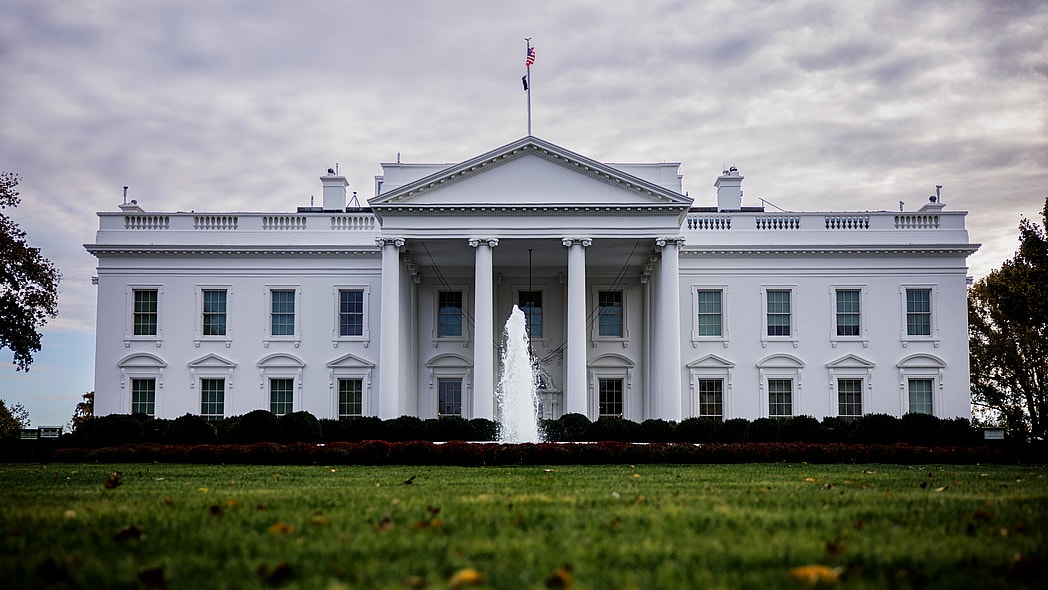The White House is pushing back against reports of a “mass exodus” among its Black staffers who have grown frustrated with working inside the Biden-Harris administration.
The Politico report claimed that nearly two dozen (21) Black staffers had resigned in recent months over a range of reasons from personal family matters to pursuing graduate school studies. The report of the so-called “Blaxit” also detailed tensions inside and around the White House and other issues like fewer opportunities for promotion or needing to earn more money that caused them to resign or seriously contemplate leaving.
But White House officials contend that many of those staffers had worked for Joe Biden through his presidential campaign and subsequent administration, and were instead seeking to get a needed break from the demands of government work and high-stakes politics.
TheGrio exclusively obtained a White House memo that was sent via email to the entire Biden-Harris executive office staff on Tuesday, the same day that Politico published its report. In the email, Anne Filipic, assistant to the president and director of Management and Administration, assured to staff of President Biden’s commitment to diversity and inclusion among White House ranks.
Filipic touted the administration’s work to build “from the ground up,” describing the early White House team in January 2021 as a 200-person “start-up” that eventually grew to more than 600 staffers. The Biden-Harris administration, she wrote, is determined to “further invest both in the experience of current staff and ensure that the White House team continues to be representative of America.”
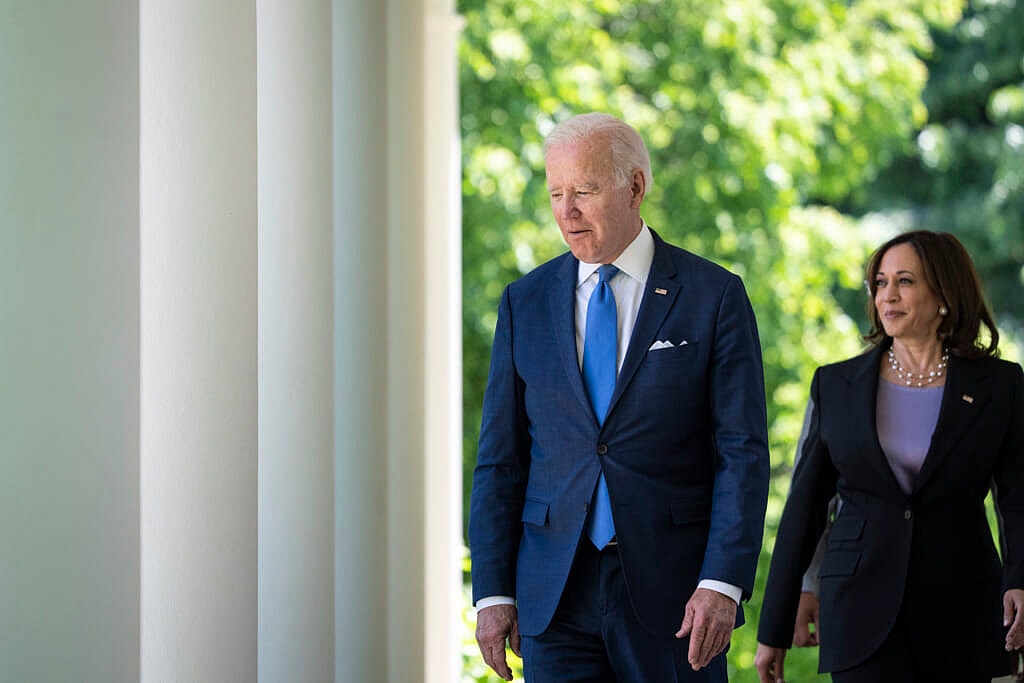
Over the coming months, wrote Filipic, the White House would keep staff abreast of “concrete actions” it is taking to support current staff and strengthen its recruitment and retention efforts through programs like developing mentorships and creating an internal system for how White House employees can advance to more elevated roles.
The administration also announced to staffers in the memo that it will launch its first-ever paid White House internship in September that will build a pipeline of diverse public servants across the federal government. The White House made news of the paid internship public on Thursday.
In the memo, Filipic highlighted the administration’s existing policy that asks hiring managers to interview “no less than four candidates for each open White House role, with at least 50% of candidates identifying as diverse.” She announced that the White House will further its efforts to “ensure a consistent interviewing approach across departments and make sure that members of traditionally underrepresented communities are considered for open roles in the White House with consistency and intentionality.”
As the Politico article stirs the pot over the White House’s diversity commitments, a former Black staffer from President Bill Clinton’s administration, who wished not to be identified, told theGrio that they question whether the recent departures from this White House center around “ideas of tension” or “the natural rhythms” seen in previous administrations where the staff was essentially given an ultimatum to either leave their post around the 18-month mark or “stay for the long haul.”
The Biden-Harris White House is soon entering its 18-month period.
But while some have internally described the departures of Black staffers as a normal occurrence, the volume is said to be far beyond any other administration. Because the Biden-Harris administration is said to be the most diverse in White House history, any movement in its ranks is “noticeable,” a source told theGrio.
Diversity inside the White House is not a new topic. President Clinton at the time of his presidency was said to have the most diverse administration in U.S. history. Clinton would later acknowledge that his successor, former President George W. Bush, had the most diverse administration for a Republican. Then came the administration of the nation’s first Black president, Barack Obama, who touted its diversity, particularly among women.
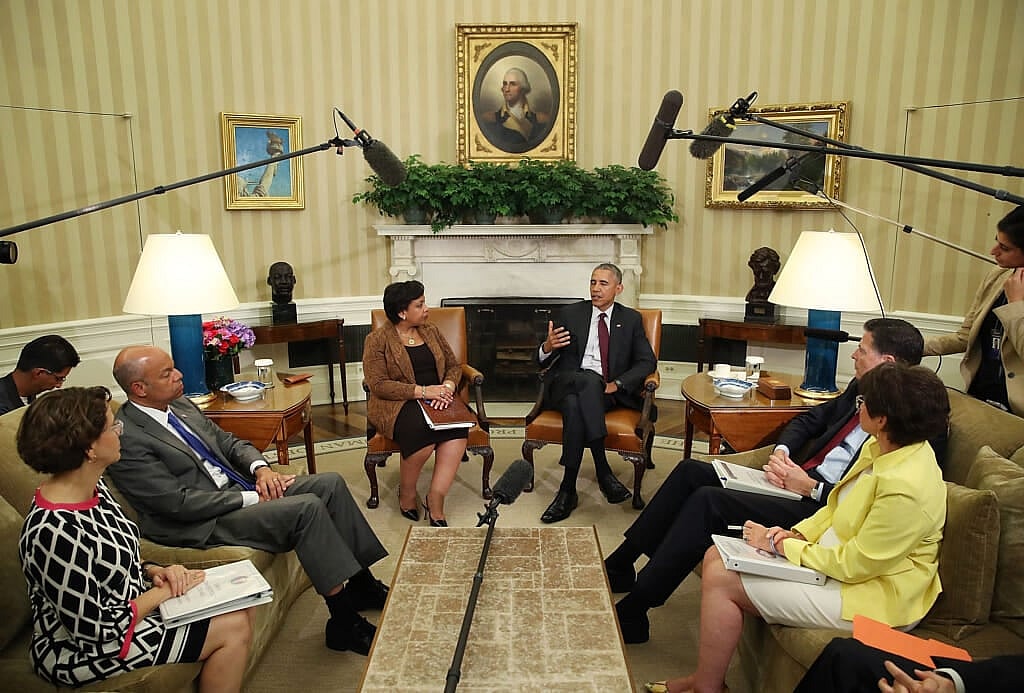
The current makeup of Black staffers inside the Biden White House is 14 percent, which the administration has defended as being “in line with the U.S. Census national population.” A former Black staffer who worked for the Obama administration, who also wished not to be identified, noted in an interview with theGrio that “because you have more Black people you will have more Black staff leaving.”
“There are notably more Black staff than my time [in the Obama White House],” the former Obama official told theGrio.
The Obama alum, who expressed skepticism of the blowback over the so-called “Blaxit” at the White House, argued that “no one is questioning” why former Press Secretary Jen Psaki, who is white, recently left the Biden administration to focus on her family and take on a more lucrative TV gig at MSNBC.

The same former Obama alum did acknowledge that there were other challenges working for the White House like getting follow-up critiques or evaluations – something they say they did not receive until they landed a job in Corporate America. The Politico report also noted this as a concern.
Trey Baker, who is a senior advisor for the White House Office of Public Engagement, told theGrio that President Biden is “serious” about his commitment to approaching everything through a lens of equity.
“That includes both policy and personnel,” he said in a statement. “I’ve seen firsthand the opportunities for growth and advancement at the White House and know that there’s not only an open line of communication with senior staff but also ongoing efforts to be solutions-oriented.”
Baker’s office recently saw a major exit after Cedric Richmond, then the highest-ranking Black man in the White House, stepped down last month from his role as senior advisor and director of the Office of Public Engagement. Richmond is now serving as a senior advisor for the Democratic National Committee (DNC) to help work on the party’s messaging leading into this year’s midterm elections.
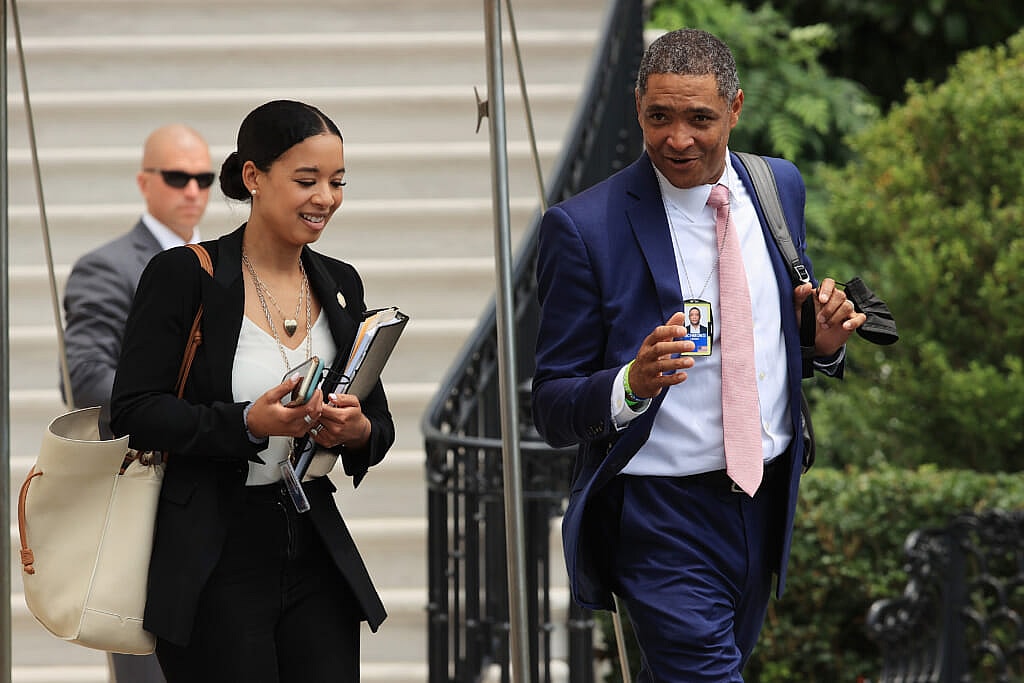
Richmond was not the only high-profile and noticeable exit from the administration. In recent months, the White House also saw departures from Symone Sanders, a former senior advisor and chief spokesperson for Vice President Kamala Harris who is now hosting her own TV show on MSNBC; Vincent Evans, former deputy director of public engagement and intergovernmental affairs, who is now the executive director of the Congressional Black Caucus; Ashley Etienne, Vice President Harris’ former communications chief; former White House director of digital engagement, Cameron Trimble; and Reginald Greer, who served as senior advisor on LGBTQ+ engagement.
White House Press Secretary Karine Jean-Pierre, who recently made history as the first Black and openly queer person to serve as spokesperson for the president of the United States, told theGrio that the administration is committed to filling the vacant roles left by Black staffers with qualified and diverse talent.
Jean-Pierre reiterated the argument that recent Black resignations are in part a seemingly higher volume because of the Biden White House’s commitment to hiring more Black staffers than previous presidential administrations. She also noted that Black staffers are being promoted more than non-diverse staff.

“We have a more diverse team, our team just looks more diverse, our turnover looks more diverse,” she told theGrio.
Minyon Moore, a senior advisor to President Biden and former senior staffer for former President Bill Clinton, told theGrio that she believes much of the staff turnover is in part due to young professionals in politics desiring to work in public policy outside the constraints and hustle inside the White House. As the general elections approach in November, it’s not unusual to see such resignations.
“When you get to the mark of the midterms, that is a place where you have to determine whether you’re in it for the long haul,” said Moore. “Many of these folks wanted to get back out and get back to the campaign, you know, to get back so that they could get their fingers wet.”
Moore added that the impact of the COVID-19 pandemic has also created a different environment for White House staff, unlike previous administrations. “They haven’t had normal relationships in that White House and they’ve had to work to try to alleviate COVID just so that people can work,” she said.
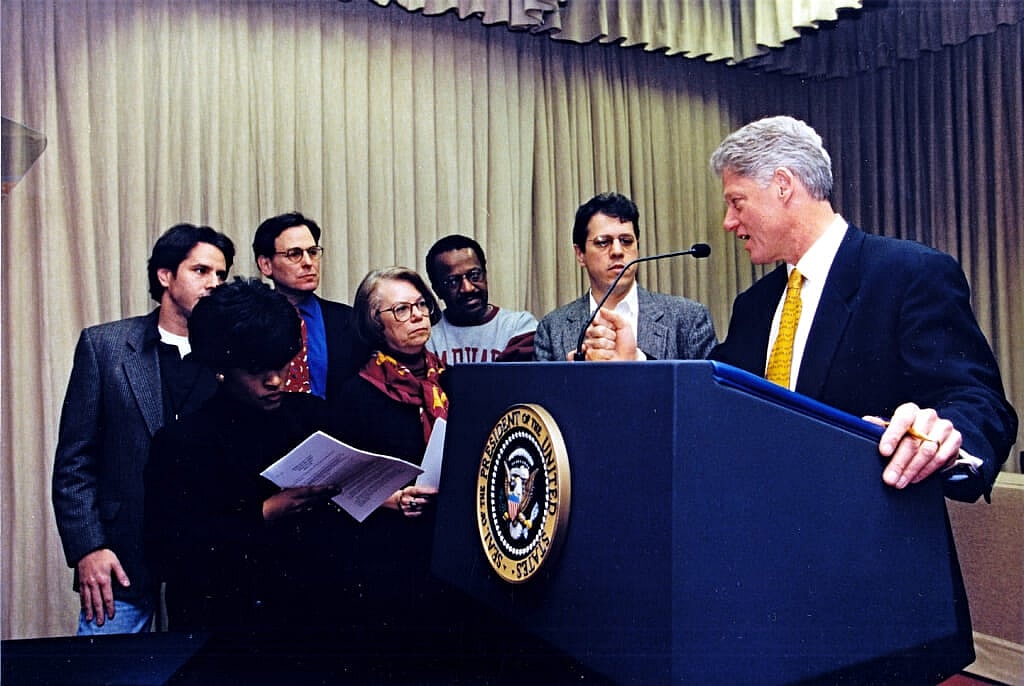
The former director of the White House Office of Public Liason also noted that this White House had fewer opportunities to host social events due to COVID-19. As evident during the Obama White House, such events were an alluring perk of the job. As Moore described it, “that becomes part of keeping your spirits up.”
“These are things that they hadn’t had the opportunity to do,” she added.
Moore said that given the circumstances, she doesn’t “begrudge” any Black staffers who have decided to leave the White House. “Sometimes the wear and tear…people can’t handle it,” she remarked, adding, “The White House does not wait for you.”
TheGrio is FREE on your TV via Apple TV, Amazon Fire, Roku and Android TV. Also, please download theGrio mobile apps today!

